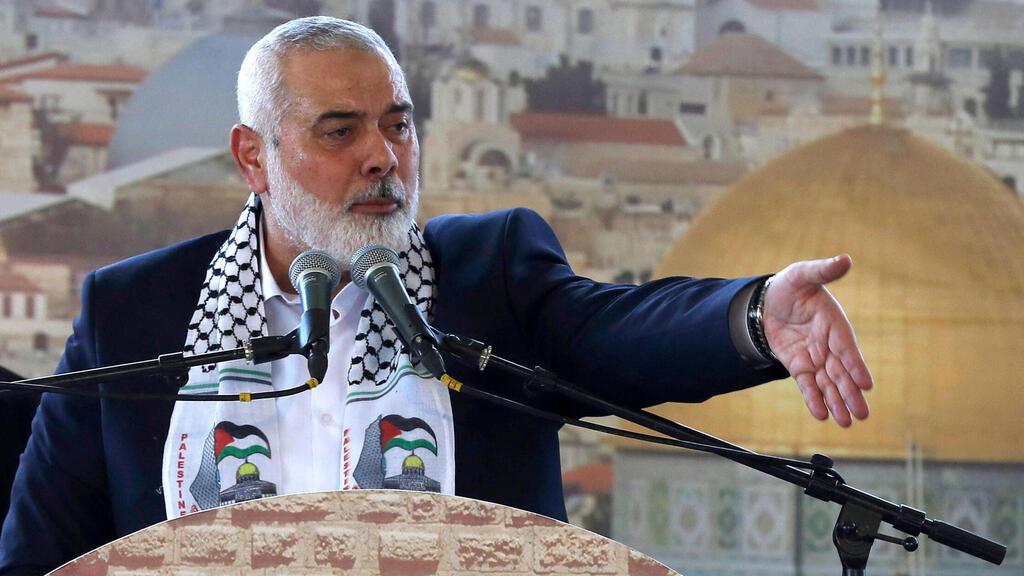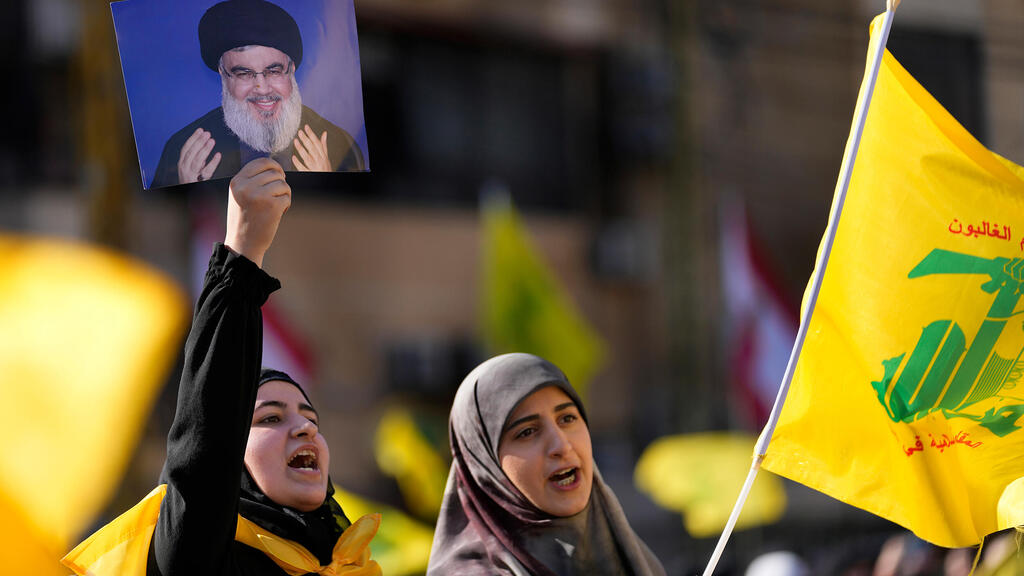Getting your Trinity Audio player ready...
After a decade of stalemated ties between the Sunni Islamist Palestinian movement Hamas and the Alawite-dominated Syrian regime, dialogue aiming to rebuild the relationship has reached an advanced stage, according to leaks by Hamas officials.
“There are indeed serious and continuous steps toward completing the reconciliation with Damascus and turning the page. However, there are orders at the movement’s internal level not to circulate news through the media until further notice,” a high-level Hamas source said on condition of anonymity.
Before 2011, the Syrian regime extended significant benefits to Hamas that enhanced its political stability, whether through logistical support, military training, or allowing it to move its headquarters to Damascus.
This poses a fundamental question: What made Hamas sacrifice all these advantages and stand up against the Assad regime?
Akram Atallah, a Palestinian writer, answered this question, writing in the Ramallah-based Al-Ayyam newspaper on Monday.
“Hamas’ position was not, as it claimed, based on political or civil considerations, related to the right of the Syrian people to freedom … because in its limited experience of rule of Gaza and in its struggle for power with the Fatah movement, Hamas did not show the slightest respect for human rights,” he wrote.
Hamas’ abandonment of the Syrian regime, according to Atallah, “related to its ideological interests … as the turmoil in the region seemed to be in the interest of the Muslim Brotherhood movement and the capitals seemed to fall one after the other into the hands of the [Muslim Brotherhood] movement, beginning with Tunisia and then Cairo, and Damascus seemed to be on the same road.”
Hamas’ hopes were dashed with the fall of the Brotherhood in Egypt, which caused the decline of its popularity in the entire region, and after the Syrian regime managed to recover thanks to the support of its Russian, Hezbollah, and Iranian allies.
Since 2017, many mediation attempts led by Hezbollah and Iran have failed to end the dispute between Hamas and the regime. Yet the current international and regional developments might be a game-changer this time, the Gaza-based political analyst Wajih Abu Zarifa said.
He said that both Hamas and the Assad regime have an interest in ending the feud.
“Hamas realized that its bet on the fall of the Syrian regime and the domination of the Brotherhood movement was a total failure. It found itself in a position that doesn’t represent the movement’s approach and aspirations. That’s why it decided to reconsider its stance and retract it,” he said.
The Assad regime also has many reasons to move forward in repairing its relationship with Hamas, according to Abu Zarifa.
“The Syrian regime wants to prove that it was right as most of the anti-regime parties retreated from their position and resumed relations with Damascus,” he said.
“Moreover, Syria wants to be an active party in the Palestinian issue, and this will not be possible without reconciling with the Palestinian Hamas movement. And finally, the Syrian regime wants to strengthen ties with Iran, Russia, and Hezbollah, and resolving disputes with Hamas would absolutely contribute to achieving this goal,” Abu Zarifa continued.
Syria would have conditions for significant progress in reconciliation, he said.
“It’s too early to talk about details, but one of these conditions is that Hamas apologizes for its previous anti-regime position and publicly retracts it. Not allowing some Hamas leaders, those who expressed sharp opinions against the regime, to enter Syrian territory, would probably be another requirement to settle the disagreement,” he said.
“The partial return of the official relationship, the reception of delegations, and the resumption of dialogue are positive signs that will create a new reality. We do not know how it may develop in time,” Abu Zarifa said.
A top Hamas leader confirmed reports that the Islamist movement has taken steps to restore relations with the Syrian government.
Khalil al-Hayya, head of Hamas’ Arab and Islamic Relations Office, said in an interview with the Lebanese newspaper Al-Akhbar on Tuesday that the movement’s institutions “approved seeking to restore the relationship with Damascus.
“There was an internal and external discussion at all levels of Hamas in which leaders, cadres, and even detainees inside prisons engaged, and it was decided to seek to restore the relationship with Damascus,” Hayya said.





